Chapter 11 Bankruptcy and Its Role
Analyzing the Impact of Interest Rate Increases on Various Sectors & Chapter 11 Bankruptcy
Interest rates play a crucial role in the functioning of economies, affecting various sectors in both positive and negative ways. In particular, when interest rates rise, it can have a profound impact on businesses and industries, potentially leading to an increase in corporate bankruptcies, especially under Chapter 11 of the U.S. Bankruptcy Code. This article delves into the potential effects of interest rate hikes on different sectors and explores how Chapter 11 bankruptcy may come into play.
Interest Rate Hikes and Their Consequences
Interest rates are primarily determined by central banks, which adjust them to manage inflation, economic growth, and monetary policy. When interest rates increase, borrowing costs rise, impacting businesses that rely heavily on debt financing. This has implications for various sectors:
1. Real Estate Sector:
Higher interest rates lead to increased mortgage rates, making housing more expensive for potential buyers. This can result in reduced demand for real estate, slower home sales, and a potential decline in property values. As a result, real estate developers, construction companies, and related businesses may face financial challenges, leading to an increase in Chapter 11 bankruptcy filings within this sector.
2. Manufacturing Sector:
Manufacturers often require substantial capital investments to fund production and expansion. Rising interest rates can elevate borrowing costs, reduce profit margins, and inhibit investment in new technologies and equipment. Smaller manufacturers with weaker financial positions may struggle to cope with the higher costs, making them more vulnerable to Chapter 11 filings.
3. Consumer Goods Sector:
Higher interest rates can impact consumer spending power. As the cost of borrowing increases, consumers may cut back on discretionary spending, leading to reduced sales for companies producing non-essential goods. Consumer goods companies may face declining revenues, causing financial distress and potentially leading to an increase in Chapter 11 bankruptcy cases.
4. Energy Sector:
The energy sector is highly capital-intensive, requiring significant investments in exploration, drilling, and infrastructure development. With interest rates on the rise, energy companies may find it more expensive to finance their operations. This could lead to a slowdown in exploration and production, negatively affecting revenues and increasing the likelihood of bankruptcy filings within this sector.
5. Retail Sector:
Retail businesses often operate on tight profit margins. Higher interest rates can lead to increased costs for carrying inventory and financing store expansions. Retailers already facing challenges due to the rise of e-commerce and changing consumer preferences may find it even more difficult to survive, contributing to a potential rise in Chapter 11 bankruptcy filings.
Chapter 11 Bankruptcy and Its Role
Chapter 11 bankruptcy provides a legal framework for businesses to reorganize their debts and operations while continuing to operate. It allows companies to negotiate with creditors and develop a plan to repay their debts over time, potentially saving the business from liquidation.
As interest rates increase and sectors face financial strains, more companies may consider filing for Chapter 11 bankruptcy to protect themselves from creditor actions, buy time to restructure, and address financial issues. However, the success of a Chapter 11 filing depends on the company's underlying business fundamentals, the willingness of creditors to cooperate, and the ability to develop a viable restructuring plan.
In conclusion, interest rate increases can have far-reaching effects on various sectors of the economy, potentially leading to an increase in Chapter 11 bankruptcy filings. Companies facing higher borrowing costs and reduced consumer spending may struggle to meet their financial obligations. While Chapter 11 bankruptcy provides a lifeline for some struggling businesses, it is not a guaranteed solution. Careful analysis of individual business dynamics, combined with effective restructuring efforts, is essential for companies to successfully navigate the challenges brought on by rising interest rates.
Wenokur Riordan Seattle Bankruptcy Attorneys
Do you have questions about and bankruptcy and business law? Contact the experienced Seattle bankruptcy attorneys at Wenokur Riordan PLLC today at (206) 724-0846 to discuss your situation.


